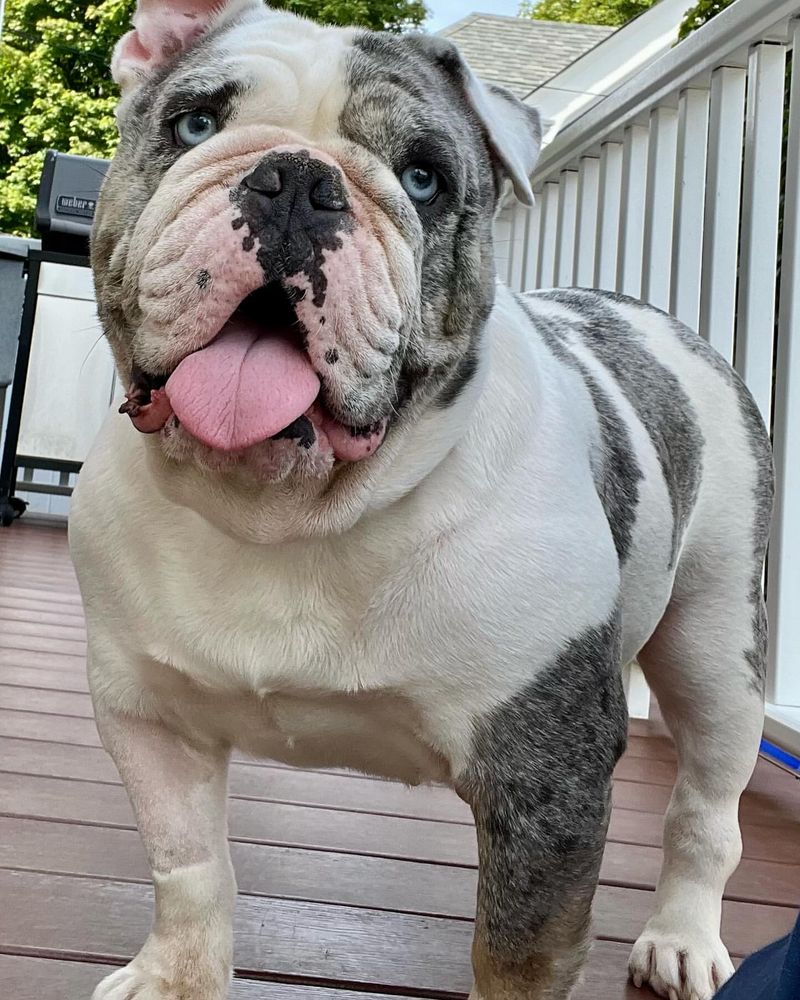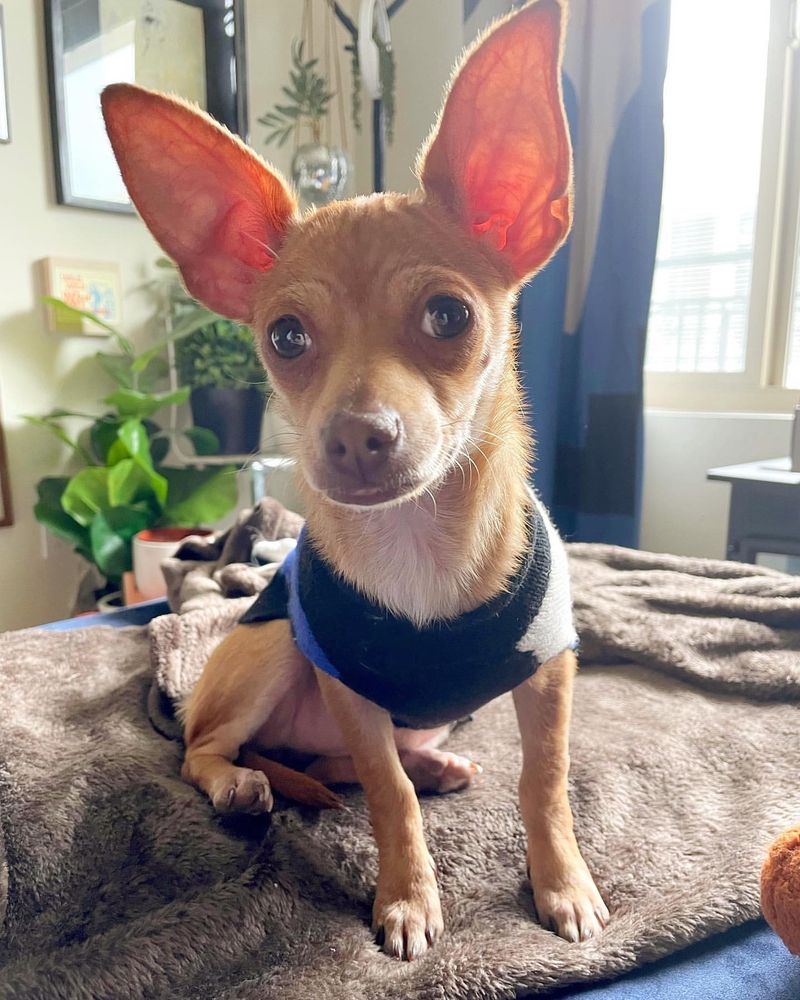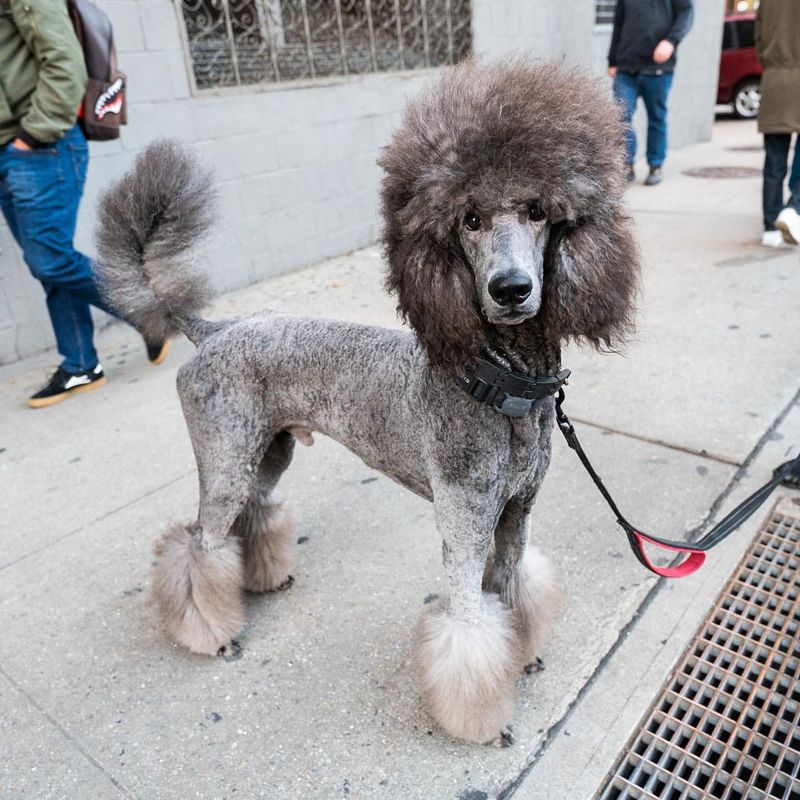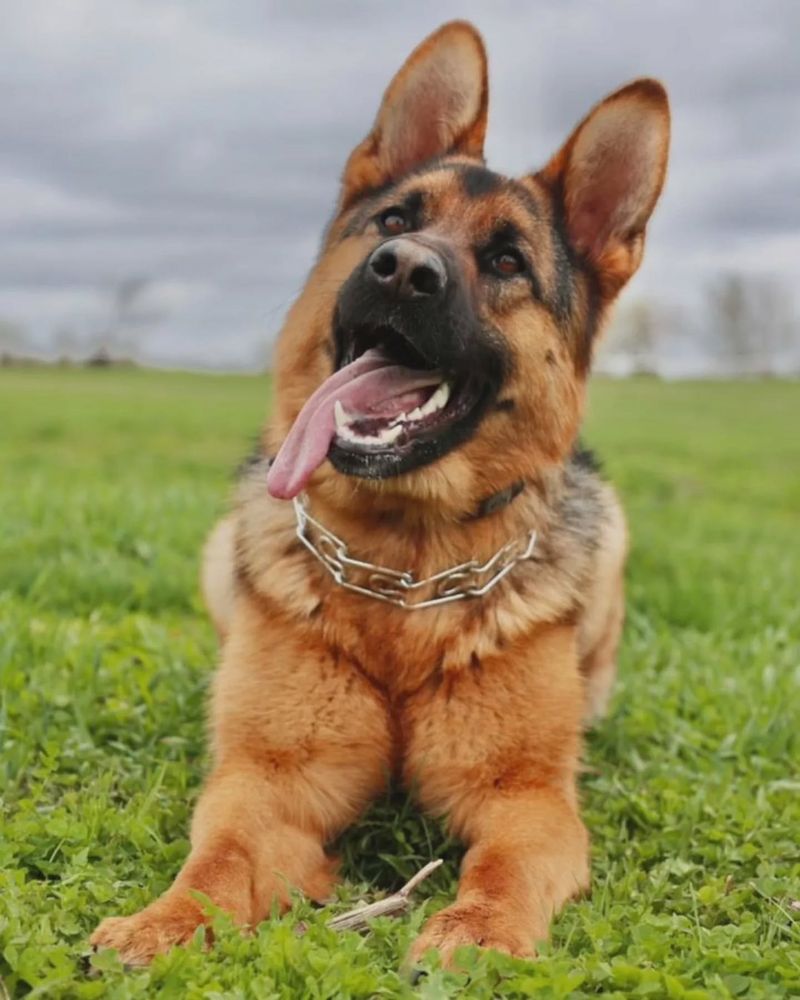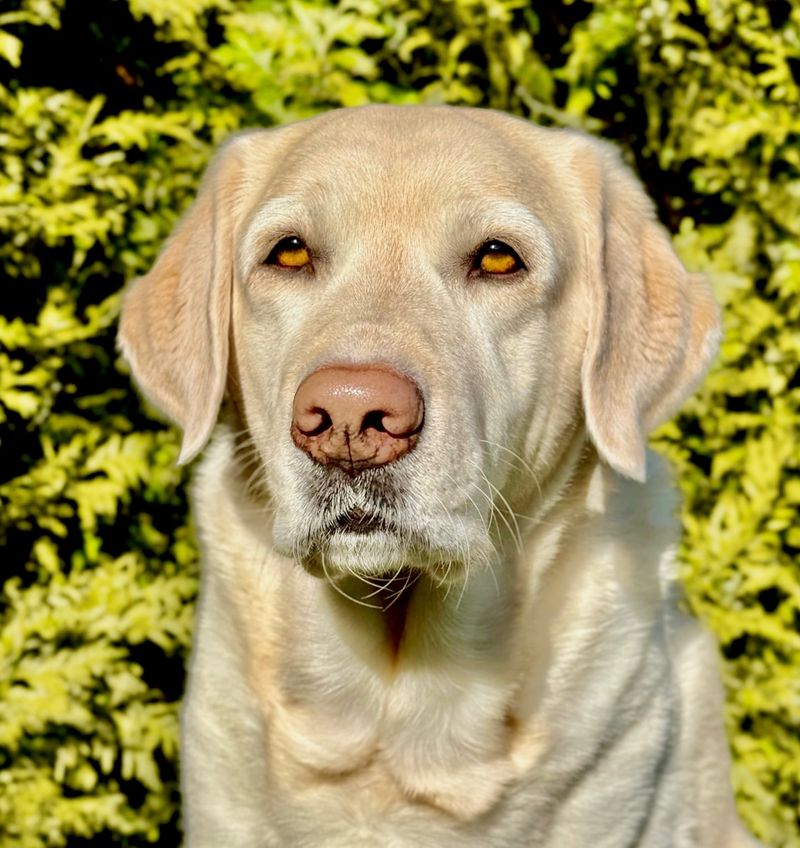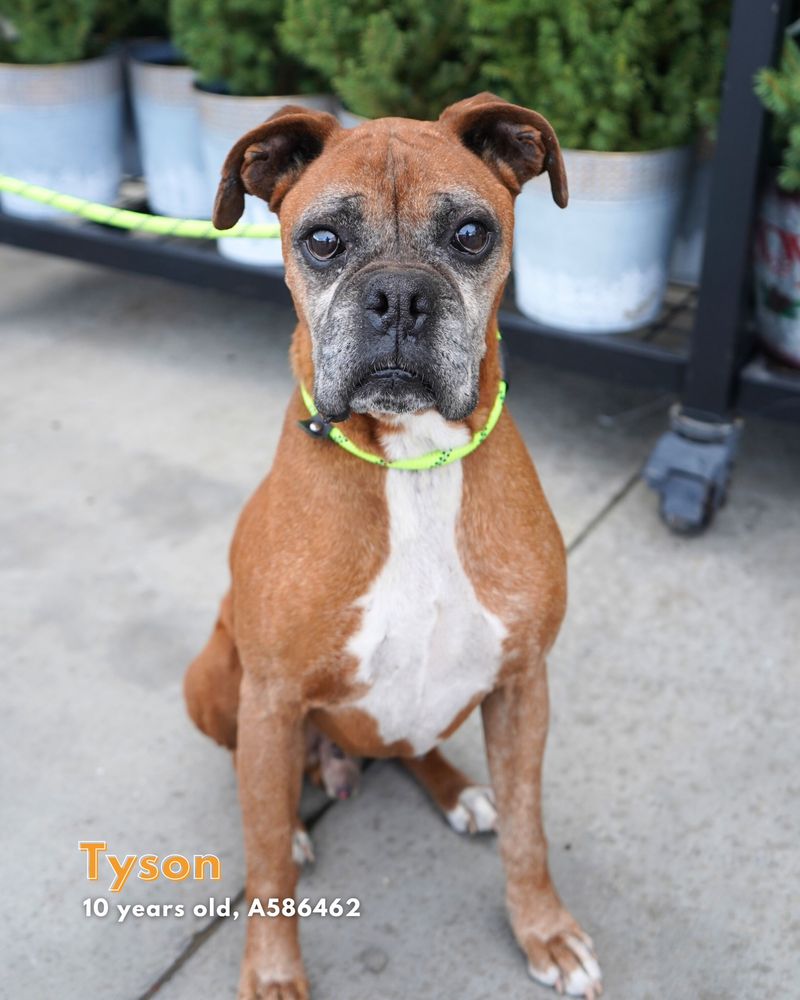In the realm of canine companions, certain breeds have captured the public’s imagination, gaining immense popularity. However, popularity doesn’t always equate to suitability, and these breeds might not be the perfect fit for everyone. Let’s explore the allure and reality of some of the most overrated dog breeds to determine if they truly live up to the hype.
Bulldog
Bulldogs are famous for their charming wrinkled faces and stocky builds, often seen as symbols of determination. Yet, beneath this adorable exterior, they can face numerous health issues. Breathing difficulties and skin problems are common, needing constant care.
Their laid-back nature may seem appealing, but it hides a stubborn streak that can make training a challenge. Potential owners should be prepared for a dog that might not always listen. They are also not the most energetic, which might not suit active families.
Despite their popularity, Bulldogs might not be ideal for everyone.
Chihuahua
Chihuahuas pack a lot of personality into a small frame. Known for their alertness and confidence, they often think they’re much larger than they are. However, their small size can lead to fragility, requiring careful handling.
While fiercely loyal, their bold nature can sometimes translate into aggression, especially towards strangers or other animals. This can be challenging in social situations. They also tend to be vocal, which might disturb neighbors in apartment living.
Chihuahuas are a blend of spunk and sensitivity, requiring owners who appreciate their unique disposition.
Poodle
Poodles are celebrated for their intelligence and elegance, often seen as the epitome of sophistication. Their hypoallergenic coats are a draw for many, but they require regular grooming to prevent matting.
Despite their refined appearance, Poodles are active and need ample exercise and mental stimulation. Without it, they can become restless and bored.
Their intelligence is a double-edged sword; while they learn commands quickly, they also need engaging activities to prevent behavioral issues. Poodles are ideal for those who can commit to their grooming and exercise needs.
Beagle
Beagles are friendly and curious, known for their incredible sense of smell. They are often depicted as merry and gentle, making them popular family pets. However, their strong scent drive can lead them astray, requiring a secure environment.
Training a Beagle can be challenging due to their independent nature. They need patience and consistency to manage their stubbornness.
Their love for company means they don’t like being left alone for long periods, which can lead to anxiety. Beagles are ideal for families who can offer engagement and companionship.
Dachshund
Dachshunds are adored for their unique shape and lively nature. Their elongated bodies and short legs give them a distinctive look. However, their physical traits can predispose them to back problems, demanding careful monitoring.
These dogs are known for their boldness and curiosity, often getting into mischief. Their hunting background means they have a strong prey drive, which can be challenging during walks.
While their spirited nature is endearing, Dachshunds require committed training and supervision to prevent unwanted behavior. They are best suited for owners who can match their energy and enthusiasm.
German Shepherd
German Shepherds are renowned for their loyalty and intelligence, often employed in police and military roles. However, their high energy levels and need for mental stimulation mean they require active owners.
They can be prone to health issues like hip dysplasia, necessitating regular vet check-ups. Their protective nature, while beneficial, can lead to over-guarding without proper socialization.
Training is essential to manage their strong will and ensure they are well-behaved in various environments. German Shepherds thrive in homes where they receive both physical and mental challenges.
Labrador Retriever
Labrador Retrievers are beloved for their friendly and outgoing nature, commonly seen in family settings. They are energetic and require ample exercise to maintain their health and happiness.
Their friendly demeanor makes them great companions, but it also means they can be overly enthusiastic, requiring training to keep their energy in check. Labs are prone to obesity, so a balanced diet and regular exercise are crucial.
While they are loyal and loving, prospective owners must be prepared for an active lifestyle and ongoing training. Labradors excel in homes where they can be active participants.
Golden Retriever
Golden Retrievers are adored for their friendly, tolerant attitudes, often highlighted in popular media. They’re highly trainable and eager to please, making them excellent family pets.
Despite their charm, Goldens need regular exercise and mental stimulation to prevent boredom-related behaviors. Their dense coats require grooming to manage shedding.
They are prone to certain genetic conditions, including hip issues and heart problems, necessitating regular vet visits. Golden Retrievers are perfect for families that can provide the love and care they need to thrive.
Pug
Pugs are known for their comical expressions and affectionate nature, making them endearing companions. Despite their small size, they have big personalities, often delighting owners with their antics.
However, their flat faces can lead to breathing issues, especially in hot weather. Owners must be cautious of their temperature and activity levels. Pugs are prone to obesity, needing a balanced diet and regular exercise.
Their sociable nature means they thrive on attention, making them great for those who are home often. Pugs require careful care to manage their health challenges.
Boxer
Boxers are lively and fun-loving, often described as the clowns of the dog world. Their playful nature makes them a hit with families, but they require ample space and exercise.
Their strong build and energy levels mean they need an owner who can match their vigor. Boxers are known for their loyalty, but they require early socialization to prevent overly protective behaviors.
They can be prone to certain health issues, including heart conditions, that require regular veterinary care. Boxers thrive in active homes where they can fully engage with their family.
Yorkshire Terrier
Yorkshire Terriers, or Yorkies, are small dogs with big personalities. Their glamorous coats and confident demeanor make them popular among city dwellers. However, their long hair requires regular grooming.
Despite their size, they are bold and feisty, often unaware of their small stature. This can lead to challenges when interacting with larger dogs.
Yorkies are known for their loyalty but can be territorial, necessitating proper training and socialization. They are ideal for those who can manage their grooming needs and enjoy their spirited nature.

